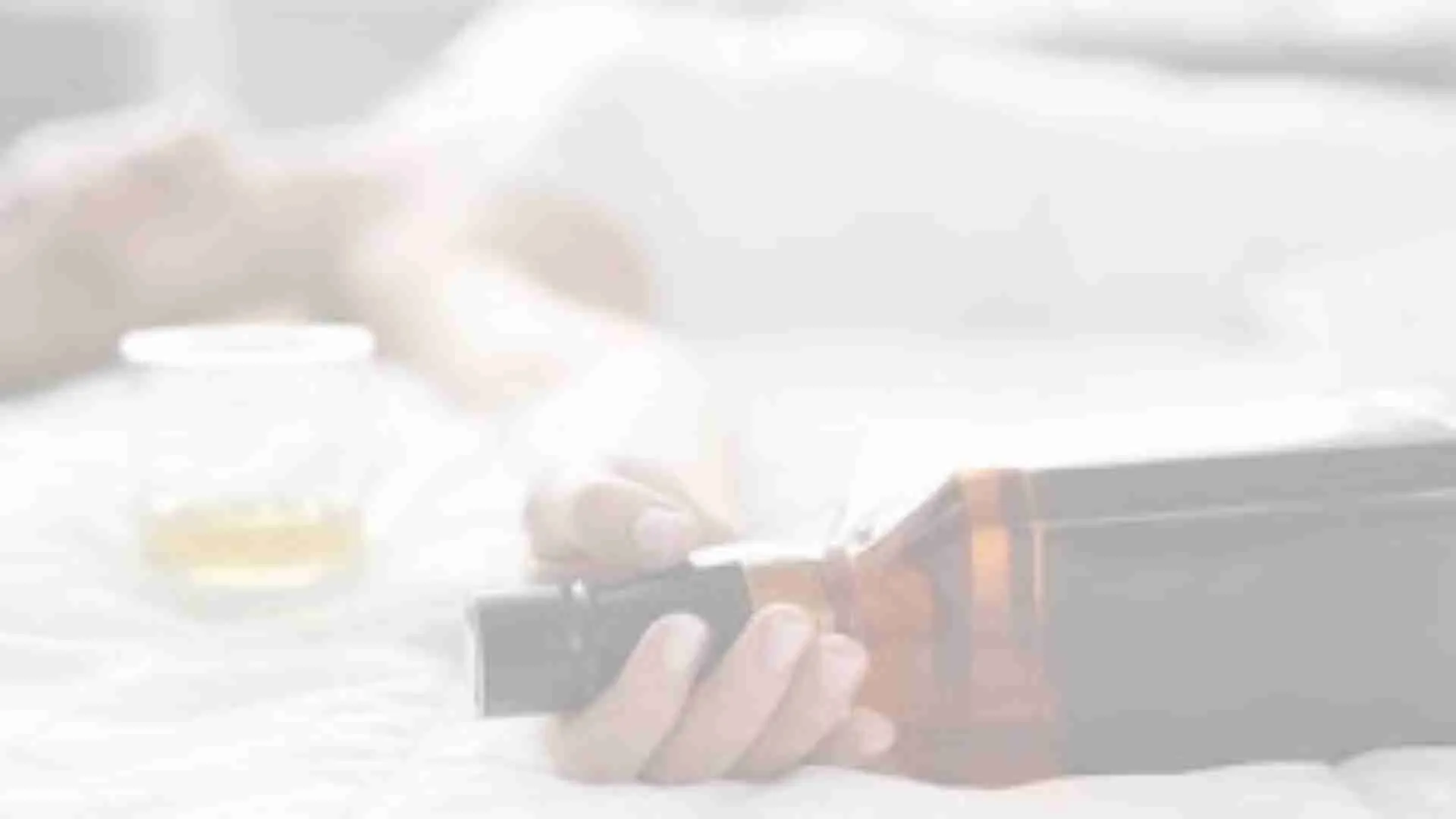Content creator and actress Uorfi Javed recently shared alarming beauty mishaps on the Moment of Silence podcast, hosted by Naina Bhan and Sakshi Shivdasani. Javed revealed that she once applied an antiseptic liquid to her face, resulting in severe burns. “I woke up, mera poora face jal gaya tha (my entire face was burnt),” she recounted, explaining that she had used the antiseptic to tackle a breakout. The burn marks lingered for 15-20 days, causing her significant distress.
Javed also admitted to using a toilet cleaner to whiten her teeth, explaining, “My teeth were really yellow, and I saw it can clean the toilet so well. I was like let me try and oh my God the sensitivity… I was f***d.” This experience led to severe discomfort and sensitivity.
Watch:
The Risks of Household Products
Dr. Swetha Sridhar, a consultant dermatologist at Dr. Dixit Cosmetology Centre, emphasizes the dangers of using household cleaning products for personal care. She explains that antiseptic liquids, like the one used by Javed, contain chloroxylenol, which is effective against bacteria but unsuitable for skin application. “Using it on the face or any sensitive skin area can cause chemical burns, severe irritation, redness, blistering, and peeling,” Dr. Sridhar warns. Such products can damage the skin’s natural barrier, leading to dryness, cracking, and possible infections.
Similarly, toilet cleaners, which often contain harsh chemicals like hydrochloric acid, are extremely dangerous for oral use. “These chemicals can cause immediate chemical burns to the gums, tongue, and other soft tissues in the mouth,” Dr. Sridhar says. Ingesting even small amounts can lead to severe gastrointestinal damage and potential long-term harm.
Safer Alternatives
For acne treatment, Dr. Sridhar recommends over-the-counter options such as benzoyl peroxide, salicylic acid, and retinoids. “Benzoyl peroxide helps kill acne-causing bacteria, while salicylic acid exfoliates the skin and clears clogged pores. Retinoids can prevent pore clogging and reduce inflammation,” she advises. Using a gentle, non-comedogenic cleanser is also crucial for acne-prone skin.
For teeth whitening, she suggests using whitening toothpastes with mild abrasives and chemical agents like hydrogen peroxide. “Whitening mouthwashes can also help with gradual improvement,” Dr. Sridhar notes. For more significant discoloration, professional treatments like in-office whitening or dental veneers are safer and more effective. Regular brushing, flossing, and natural remedies like baking soda or activated charcoal toothpaste can also aid in removing surface stains but should be used with caution to avoid enamel abrasion.
Dr. Sridhar concludes, “Regular dental care and consulting with professionals for persistent issues can ensure safer and more effective results.”









